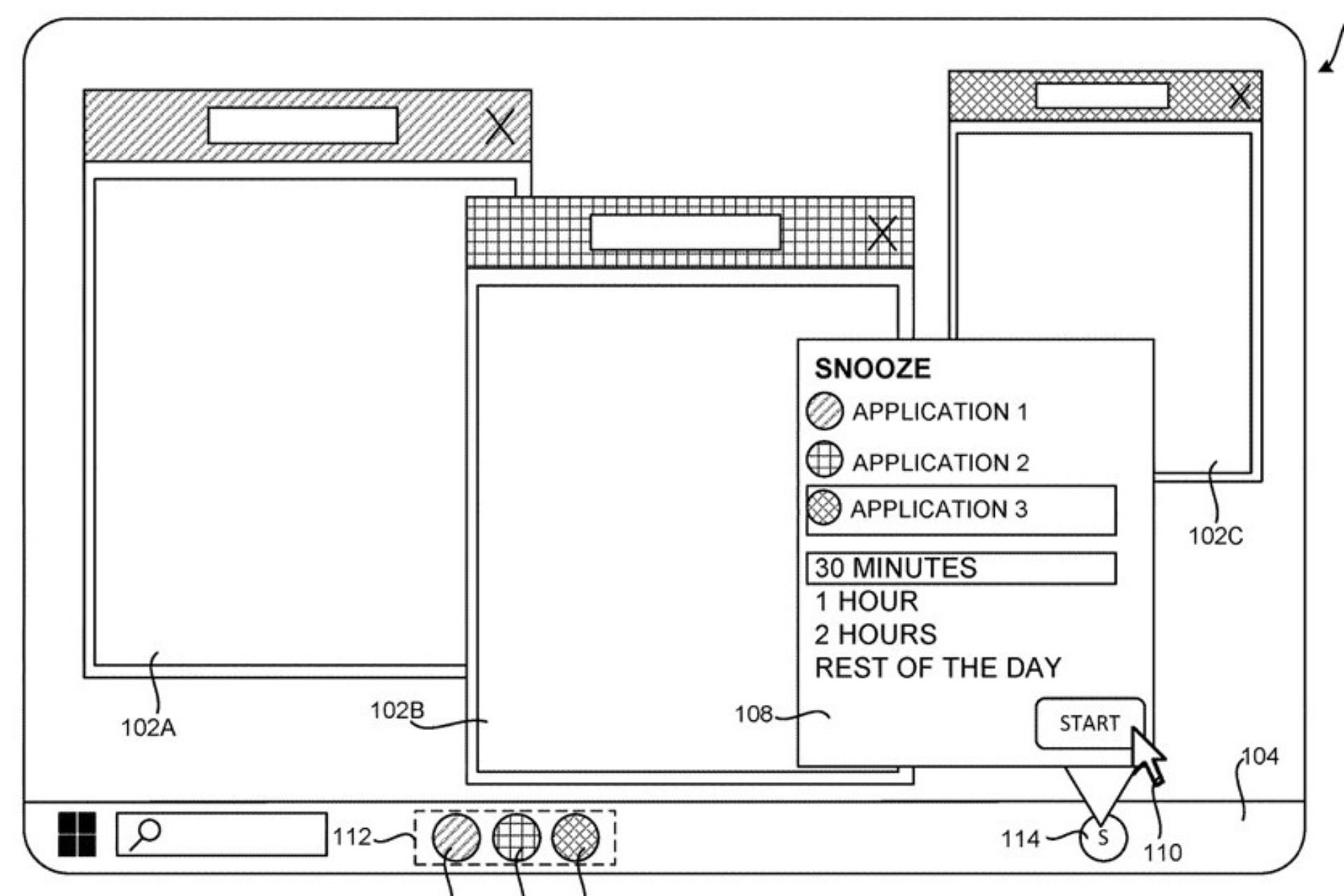Microsoft Research awards The Alan Turing Institute with $5 million in Azure credits
2 min. read
Published on
Read our disclosure page to find out how can you help Windows Report sustain the editorial team Read more

Microsoft has announced that Microsoft Research has awarded The Alan Turing Institute with $5 million in Azure cloud computing credits. The move is all part of an effort to help the Alan Turing Institute achieve more and advance the potential of data science.
Thanks to the Azure Credits, the more than 100 Alan Turing Institute research staff can now use Azure cloud services to provide their data scientists with an easy and accessible platform. Andrew Blake, the director for the UK-based Alan Turing Institute reflected on the Azure credits and said:
“Azure cloud services will provide our data scientists with an easily accessible platform where they can prototype ideas with a fast turnaround of results, complementing local computing facilities available in the institute’s five founding universities, and national resources such as the supercomputer ARCHER supported by EPSRC. We are delighted that Microsoft is enabling access to Azure cloud services and supporting this crucial element of our research infrastructure”
Microsoft, meanwhile, is interested in how AI, and machine learning can be applied in exemplified ways. In statement, Joseph Sirosh, Corporate Vice President of the Data Group at Microsoft said that:
“We are proud to be working closely with the Alan Turing Institute to show how AI, machine learning and data science can be applied in novel ways to real-world problems. We are excited to be enabling researchers to do their best work by providing access to the state-of-the-art capabilities in Microsoft Azure.”
The Alan Turing Institute is based in the United Kingdom, and has a headquarters at the British Library in London. Also known as “The Turning” the center was founded by the universities of Cambridge, Edinburgh, Oxford, University College London and Warwick and the UK Engineering and Physical Sciences Research Council.








